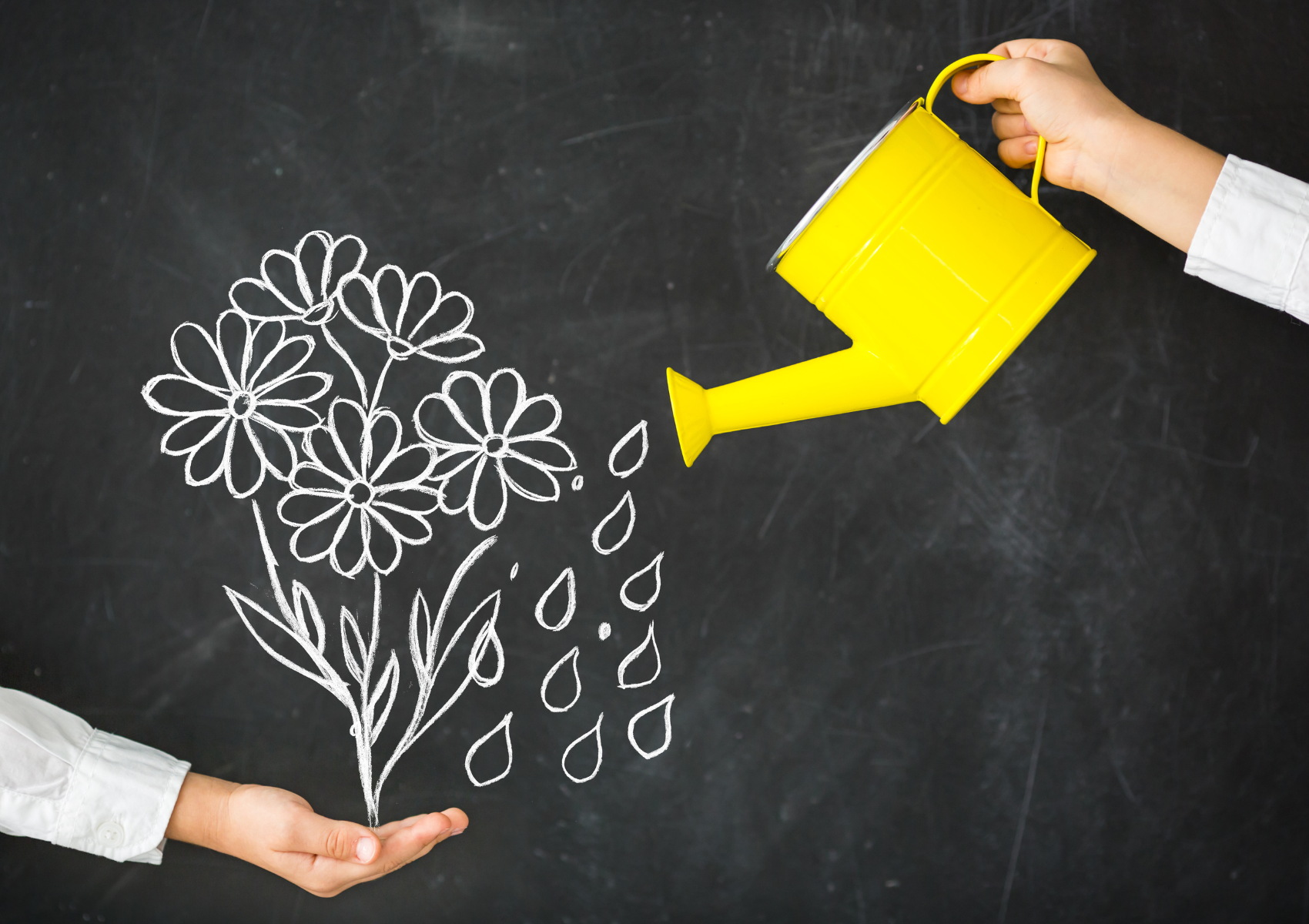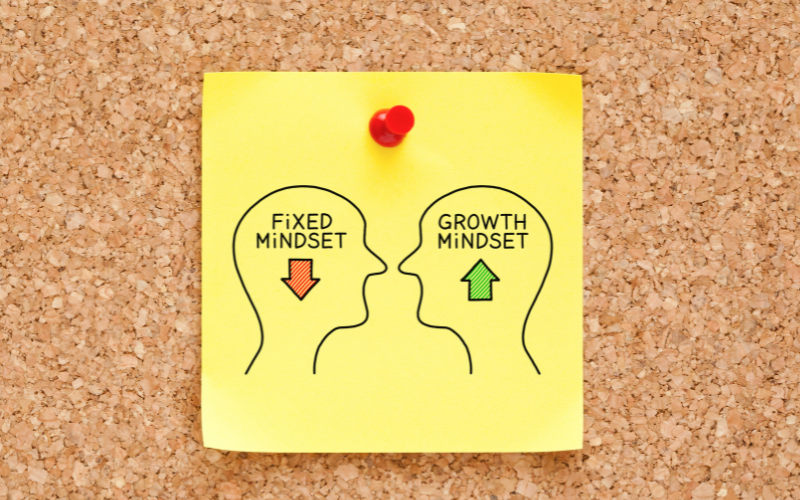All children can learn and grow, regardless of their abilities and individual challenges. When it comes to students with special needs, promoting a growth mindset is especially important for unlocking their true potential. A growth mindset emphasizes the belief that intelligence and abilities can be developed through dedication and hard work, pushing students to face their challenges, overcome obstacles, and embrace their unique strengths. This mindset acknowledges that abilities and intelligence are not fixed traits, but can be cultivated through effort, perseverance, and learning from mistakes. For students with special needs, nurturing a growth mindset is instrumental in building their self-confidence and encouraging them to take on new learning opportunities fearlessly.

- Celebrate Effort over Outcome
It's important to shift focus from grades and outcomes to the effort invested in learning. Encouraging students with special needs to set personal goals and recognizing their progress, regardless of the end result, fosters a sense of accomplishment and motivates them to continue striving for improvement. Celebrating small victories helps to reinforce the idea that progress is continuous and achievable.
- Promote a Safe and Supportive Learning Environment
Creating a safe and supportive environment is important for promoting a growth mindset. Teachers, role models, and peers play an important role in this process. It's vital to encourage open communication, where students can feel comfortable sharing their own personal thoughts, ideas, and concerns without fear of judgment. Promoting collaboration and peer support can create a stronger sense of belonging and help students feel less alone in their learning environment.
- Teach Resilience through Failure
Failure is an inevitable part of any learning process. However, it is essential to teach students how to cope with failure positively. When students with special needs encounter setbacks, guide them to reflect on their mistakes and extract valuable lessons from their experiences. Encourage them to see failures as opportunities for growth and learning, rather than as a reflection of their abilities.
- Individualized Learning Plans
Recognize that every student with special needs is unique, and tailor learning experiences to suit their specific requirements. Individualized Education Plans (IEPs) can be incredibly beneficial in outlining personalized learning goals and strategies to support students in reaching their full potential. Collaborate with specialists, parents, and caregivers to design a comprehensive plan that accounts for the student's strengths and challenges.
- Encourage Positive Self-Talk
A student's inner voice has a major impact on their mindset and self-identity. Teach kids to use positive self-talk to help combat self-doubt and negative thoughts. Encourage replacing fixed-mindset phrases like "I can't do this" with "I can't do this YET, but I will keep trying." By reframing their negative internal dialogue, students can become more positive and maintain a growth-oriented perspective.
Promoting a growth mindset among students with special needs extends beyond mere academic accomplishments; it entails instilling a profound belief in their inherent potential and resilience. Embracing the principles of a growth mindset enables us to empower students of all abilities, nurturing their self-assurance to explore, their bravery to confront challenges, and their unwavering commitment to triumph.
More articles you might enjoy:
Executive Function and Self-Regulation: Skills and Disorder
Encouraging Self-Advocacy In Young Children

